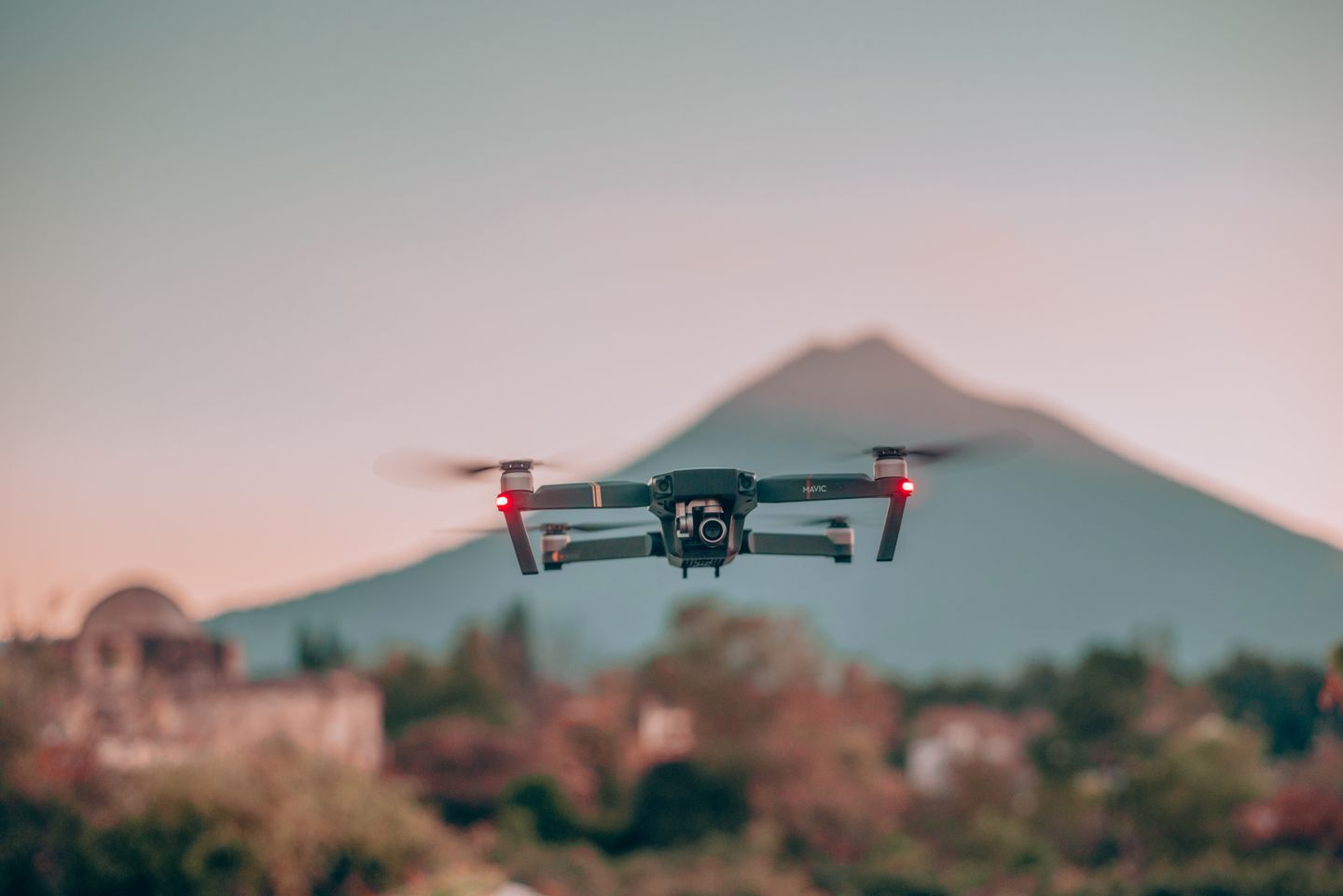Biometric authentication for security and compliance in cannabis

Competitors in cannabis face many challenges but none are more difficult to manage than security and compliance, issues that only get more complicated as the industry grows. Companies in this space must get creative, stay focused and implement various strategies to protect their businesses and stay compliant and one of the most innovative technologies out there that can help is called biometric authentication.
What is biometric authentication
All cannabis companies implement their own methods to verify the identity of people within their operations, but none are as secure as biometric authentication which uses unique characteristics such as facial recognition, fingerprints, voiceprints, and iris scans, all of which are much more difficult to trick. That’s why this type of verification is quickly becoming the most popular choice in most data-sensitive industries that must stay compliant with regulations like healthcare, banking, and law enforcement.
In this article, we’ll take a look at five different ways biometric authentication can work to enhance security and ensure compliance for cannabis companies.
1. Enhance physical security
When you’re dealing with high-value products like cannabis it’s essential for companies to make physical security a top priority. Any less could make their operations a target for burglary and theft, and biometric authentication can help to protect those assets by limiting access to sensitive data and areas of a facility so only pre-approved personnel may have access.
One great example of this could be fingerprint scanners that are used to guarantee only certain employees enter some areas, like cultivations, processing rooms, or storage rooms where the highest value products are kept hidden away. Biometric authentication ensures only individuals are able to enter these places, effectively minimizing the chances of security breaches or theft.
2. Streamline the identification process
Traditional security processes often relied on employee badges to function, which may be stolen, lost, or even duplicated, making it nearly impossible to guarantee only those with permission are accessing restricted spaces at any given time. Luckily, biometric authentication can help to solve those issues since it’s much faster at identifying individuals both effectively and accurately, and it doesn’t rely on something material like a key or card that must be remembered and carried at all times.
3. Make tracking and traceability easier
From seed to sale cannabis companies must track the movements of all products and personnel in order to stay compliant with regulatory requirements, and that’s not an easy task without the right tools and technology in place. However with biometric authentication tracking and tracing every movement through digital records of all who access sensitive areas of an operation is a breeze, since it creates records that are securely stored so they may be audited at any time.
4. Prevent unauthorized access and fraud
Cannabis companies must prevent fraud and unsavory individuals from accessing restricted areas of a facility, and that’s so much easier with the help of biometric authentication. With tools like facial recognition, iris scans, or fingerprint technology, verifying the identity of everyone from delivery drivers to skilled workers is possible, and it’s far more secure than traditional security features since it can only be used by those with characteristics logged in the system. Whether it’s a producer, processor, or dispensary, all cannabis businesses can mitigate the risk of experiencing fraud this way.
5. Keep data safe and secure
Though the products and crops are often the most valuable assets of any cannabis company, data is just as vulnerable and in many cases far more sensitive, so it’s important for businesses to enhance their security by replacing old-school passwords and key cards with other forms of authentication that are far more difficult to hack like iris or fingerprint scans. This technology reduced the risk of breaches and cyber threats, which could cost cannabis companies more than money since they’re often trusted with industry secrets and customer data.
Conclusion
The promising future of biometric authentication technology is bright and ever-evolving to meet the needs of companies like those in the cannabis industry. By preventing unauthorized access or fraud, enhancing tracking and traceability, building a wall of protection around important information, improving physical security, and streamlining personnel identification, cannabis businesses can better protect themselves, their workers, and their customers.
It may not yet be standard in the industry, but eventually, biometric authentication will be a crucial component of every operator in cannabis, so why not take advantage of all this technology has to offer right now?


